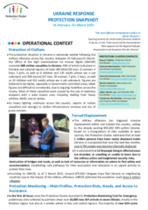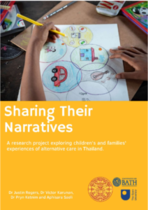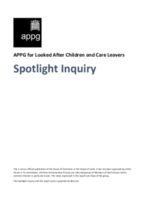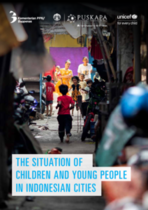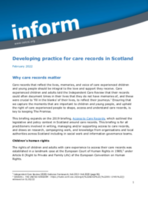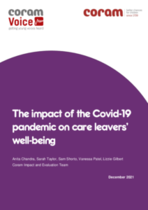Ukraine Response Protection Snapshot, 25 February - 1 March 2022
The Protection Cluster coordinates the protection response and advocates for the improvement of policies and legislation affecting conflict-affected people. It also engages in capacity building and provides guidance on mainstreaming protection into all humanitarian response activities. This is the protection snapshot for Ukraine for the period February 25 - March 1, 2022, compiled by Protection Cluster Ukraine.

